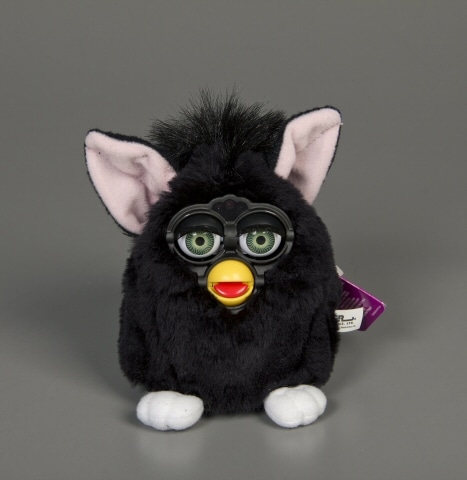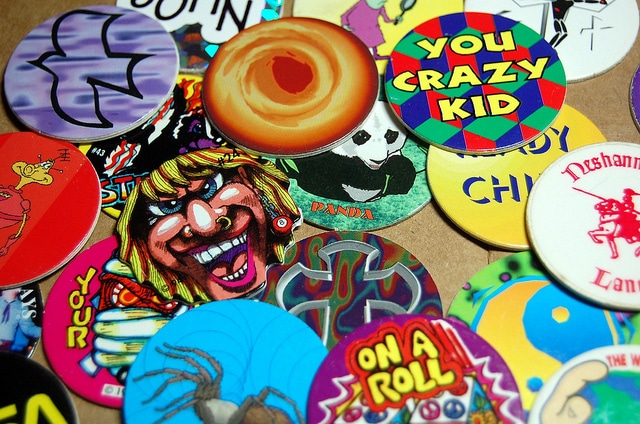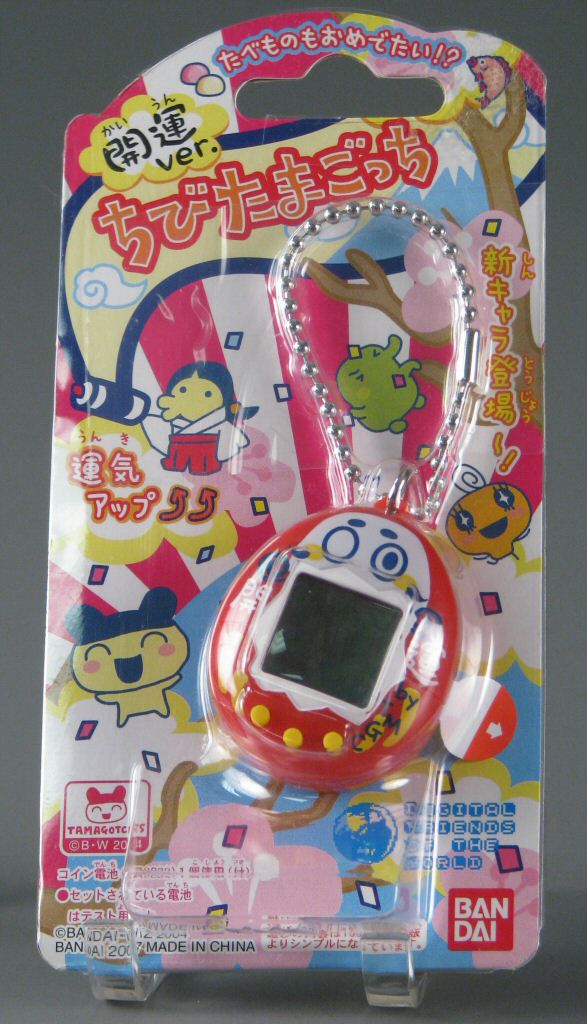One-hit wonders. You know them well—the artists whose catchy lyrics and infectious tunes earn them a fleeting moment of mega fame before they plunge back into obscurity. Even so, songs like “Come on Eileen” and “Ice Ice Baby” will live on forever, immortalized in VH1 countdowns and karaoke archives. I can probably do the “Macarena” in my sleep (VH1 considers the 1996 Los Del Rio tune the top one-hit wonder of all time), but I’m also familiar with a different breed of temporal superstars—fad toys that rocketed into popularity, only to clutter garage sale tables months later. Every November at the National Museum of Play at The Strong, we honor two or three beloved, iconic, and innovative toys by inducting them into the National Toy Hall of Fame. Many of the toys I played with as a kid will never earn a place alongside LEGO bricks or Crayola Crayons, but I think these three are equally memorable in their own lovable and quirky ways.
Furby
 Adorable or diabolical? I have yet to make up my mind about Furby, the furry gremlin who first appeared at the American International Toy Fair in 1998. In little more than the blink of its bulbous, automated eyes, it squeaked its way into American hearts and homes. Tiger Electronics sold more than 40 million in the first three years of production and, though you can still buy a Furby today, I think it’s safe to say that Furby’s popularity has fizzled, perhaps because the critters seem liable to wake up and chat your ear off at any moment. Still, Furby could learn an impressive 800 English phrases. In testament to those abilities, the National Security Agency banned the toy from their offices, fearing that Furbys could learn and repeat secrets heard in the building.
Adorable or diabolical? I have yet to make up my mind about Furby, the furry gremlin who first appeared at the American International Toy Fair in 1998. In little more than the blink of its bulbous, automated eyes, it squeaked its way into American hearts and homes. Tiger Electronics sold more than 40 million in the first three years of production and, though you can still buy a Furby today, I think it’s safe to say that Furby’s popularity has fizzled, perhaps because the critters seem liable to wake up and chat your ear off at any moment. Still, Furby could learn an impressive 800 English phrases. In testament to those abilities, the National Security Agency banned the toy from their offices, fearing that Furbys could learn and repeat secrets heard in the building.
Pogs
 Though pogs had their brief moment in the spotlight in the 1990s, the game has origins in earlier times. A similar game, Menko, dates back to 17th-century Japan, and the modern version emerged in Hawaii in the 1920s. Pogs became popular when a guidance counselor at a Hawaiian elementary school introduced the game as an alternative to physical (sometimes violent) playground games. Companies began producing pogs by the bucketful, printing the collectible discs with images of cartoon characters, animals, celebrities, and political leaders. Like Furby, the game sparked controversy. Children often kept the pogs they won in games with other players. Many school districts considered pog games a form of gambling and banned pog-play from school grounds.
Though pogs had their brief moment in the spotlight in the 1990s, the game has origins in earlier times. A similar game, Menko, dates back to 17th-century Japan, and the modern version emerged in Hawaii in the 1920s. Pogs became popular when a guidance counselor at a Hawaiian elementary school introduced the game as an alternative to physical (sometimes violent) playground games. Companies began producing pogs by the bucketful, printing the collectible discs with images of cartoon characters, animals, celebrities, and political leaders. Like Furby, the game sparked controversy. Children often kept the pogs they won in games with other players. Many school districts considered pog games a form of gambling and banned pog-play from school grounds.
Giga Pets (Tamagotchi)
 Since the Japanese company Bandai first introduced the Tamagotchi in 1996, they’ve sold more than 76 million units. The keychain-sized virtual pet has simple graphics, but the digital critter goes through a surprisingly complex life cycle, hatching from an egg and moving through several distinct stages of development. The human caretaker must feed and clean up after the pet, provide discipline, and monitor its health and happiness. Neglect could have devastating results—the earliest Tamagotchis could die within a few hours from lack of care. Many schools forbid students from bringing their virtual pets with them to class, fearing that the demanding toy would distract from classroom activities. And, fun fact: children developed such a powerful attachment to their virtual pets that there’s a psychological condition, the Tamagotchi effect, named for the toy.
Since the Japanese company Bandai first introduced the Tamagotchi in 1996, they’ve sold more than 76 million units. The keychain-sized virtual pet has simple graphics, but the digital critter goes through a surprisingly complex life cycle, hatching from an egg and moving through several distinct stages of development. The human caretaker must feed and clean up after the pet, provide discipline, and monitor its health and happiness. Neglect could have devastating results—the earliest Tamagotchis could die within a few hours from lack of care. Many schools forbid students from bringing their virtual pets with them to class, fearing that the demanding toy would distract from classroom activities. And, fun fact: children developed such a powerful attachment to their virtual pets that there’s a psychological condition, the Tamagotchi effect, named for the toy.
Of course, I must also mention Pet Rocks and Trolls, Beanie Babies (how many people stockpiled them, tags pristine, hoping to one day make a fortune off of them?), Razor scooters, and, most recently, Zhu Zhu Pets and Silly Bandz. These toys inspire the brief, passionate love affairs that border on obsession and lead to toy store scuffles. They quickly lose their appeal and their relevancy but, like their musical counterparts, remain unforgettable. Though “Who Let the Dogs Out” did not make its way onto my iPod, when I do hear it, I’m overcome with delight. When I think of the hours spent trading pogs or coddling my digital frog, I have the same reaction. So here’s to the one-hit wonders of the toy world—on a fast track from the playroom to a box in the basement, but always in our hearts.
 Hours 10 a.m.–5 p.m. | Fri. & Sat. till 8 p.m.
Hours 10 a.m.–5 p.m. | Fri. & Sat. till 8 p.m.